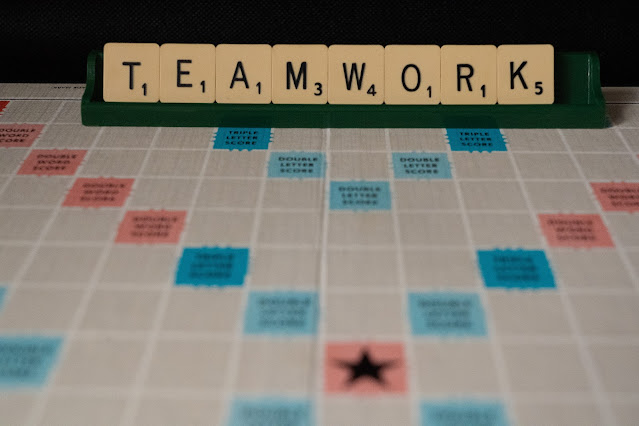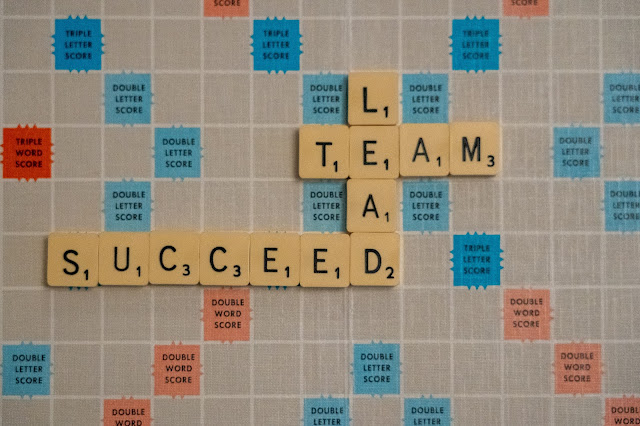At GDI Philly's Day in the Life of a Developer Panel
My local GirlDevelopIt chapter @gdiphilly is running a 5-event career speaker series titled "A Day in the Life". I recently had the opportunity to be on "A Day in the Life of a Developer" panel which was aimed at women transitioning into tech and curious to know what a developer does every day. The panel was very diverse with three women from a Humanities background and two from a Computer Science background.
We started off with each panelist's perspectives on the following questions. Some panelist answers are mentioned below:
How did we get into this field?
Early interest in math and science, Went to Engineering school, Transitioned from a tech support role, Took some Computer science intro classes.
What is our educational background?
Engineering, Photography, Humanities, Art History
What are our daily responsibilities?
Coding, Building new features and maintaining existing ones, Managing developers, Troubleshooting, Debugging
What does our typical day look like?
Writing code, Reviewing code, Attending Meetings, Discussing on Github/Slack
What are the good parts of being a software developer?
Learning new things everyday, Coaching people, Being an expert resource in the field
What are the bad parts of being a software developer?
Meetings, Sitting for a long time, Talking tech to non-tech people, Internet Explorer!
What career advice do we have to offer?
Take GDI and online classes, learn Git/Github, volunteer at local tech meetups, attend hackathons, take part in open source programs, build a community that supports you, break down problems into smaller ones, don't compare yourself, make mistakes and learn from them, blog/speak about your learning experience and do what's best for you.
Special shoutout to @suzienieman for moderating the panel and setting up the event! Overall, it was a wonderful experience and I loved being a part of it!
A Day In the Life of a Developer is May 6th featuring @Not_Pele @_leekinney @yashvprabhu @ahoefinger & Cella Sum http://t.co/Q2b3tz66fV
— GirlDevelopIt Philly (@gdiphilly) April 15, 2015
We started off with each panelist's perspectives on the following questions. Some panelist answers are mentioned below:
How did we get into this field?
Early interest in math and science, Went to Engineering school, Transitioned from a tech support role, Took some Computer science intro classes.
What is our educational background?
Engineering, Photography, Humanities, Art History
What are our daily responsibilities?
Coding, Building new features and maintaining existing ones, Managing developers, Troubleshooting, Debugging
What does our typical day look like?
Writing code, Reviewing code, Attending Meetings, Discussing on Github/Slack
What are the good parts of being a software developer?
Learning new things everyday, Coaching people, Being an expert resource in the field
What are the bad parts of being a software developer?
Meetings, Sitting for a long time, Talking tech to non-tech people, Internet Explorer!
What career advice do we have to offer?
Take GDI and online classes, learn Git/Github, volunteer at local tech meetups, attend hackathons, take part in open source programs, build a community that supports you, break down problems into smaller ones, don't compare yourself, make mistakes and learn from them, blog/speak about your learning experience and do what's best for you.
Full house @gdiphilly Day in the Life: Developer panel feat @yashvprabhu @_leekinney Cella Sum @Not_Pele @ahoefinger! pic.twitter.com/VFfGjRQu4U
— Corinne (@corinnepw) May 6, 2015
The floor was then open to Q&A. Some questions asked by the audience were:
Is it worth getting a Computer Science degree?
It depends on what you want. Getting into tech does not necessarily require a Computer Science degree but having one helps get your foot in the door. You can also get degrees online through MOOCs and take local classes to figure out where your interests lie.
Is there sexism in tech?
Occasionally but you should call people out when they do it since they could be unintentionally sexist. Calling them out helps change their attitude.
What is the interview process like?
It varies. Small, medium and big companies do it differently. There could be white-boarding (writing code on a white board), phone screens, pair programming, and questions about data structures and algorithms.
Have a question for a developer @gdiphilly? Ask @_leekinney @yashvprabhu @Not_Pele @ahoefinger @cellllla #codenewbie pic.twitter.com/0If6BupvnP
— Corinne (@corinnepw) May 7, 2015
Special shoutout to @suzienieman for moderating the panel and setting up the event! Overall, it was a wonderful experience and I loved being a part of it!



Comments
Post a Comment